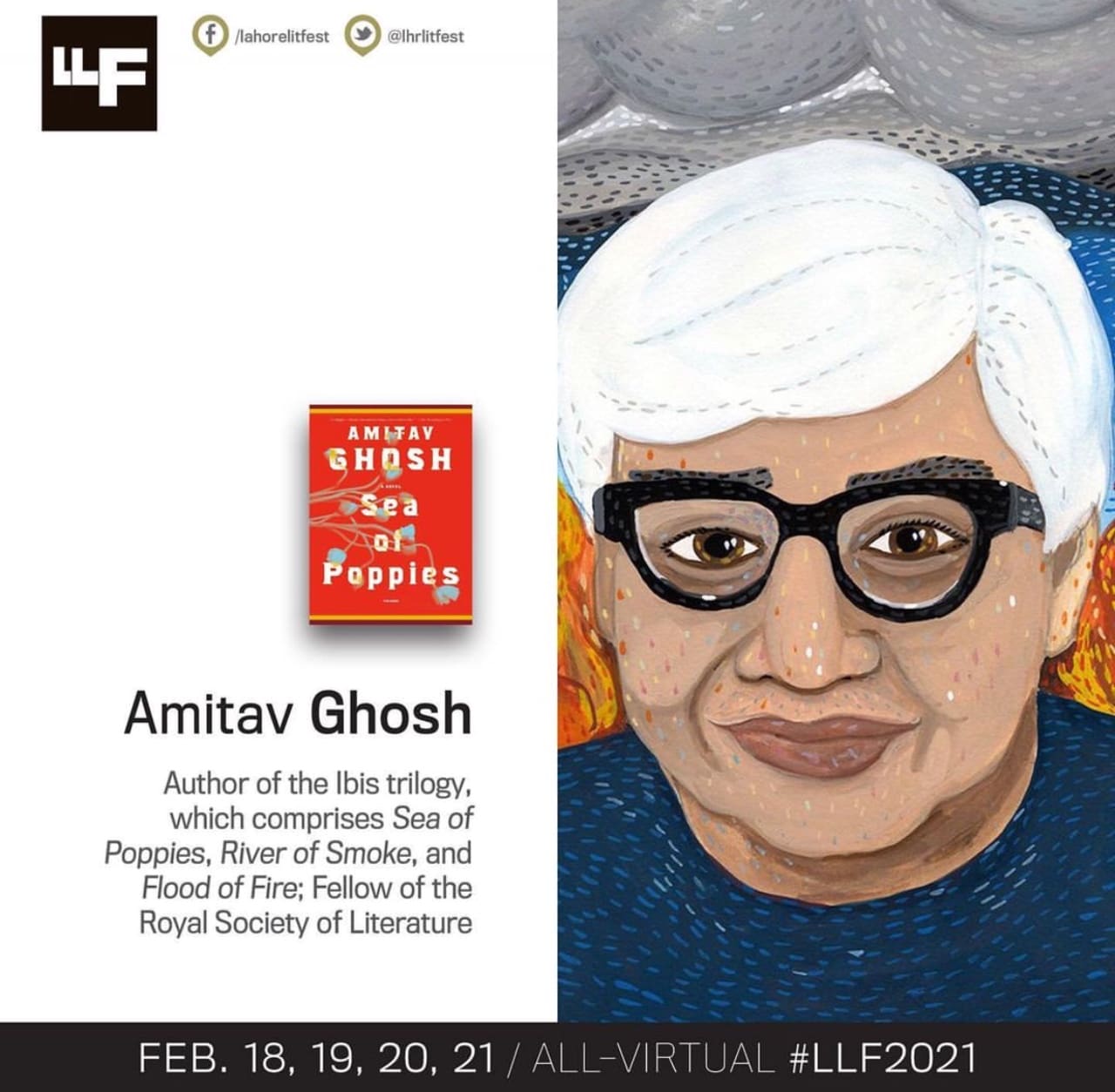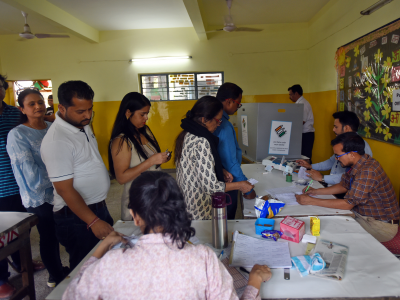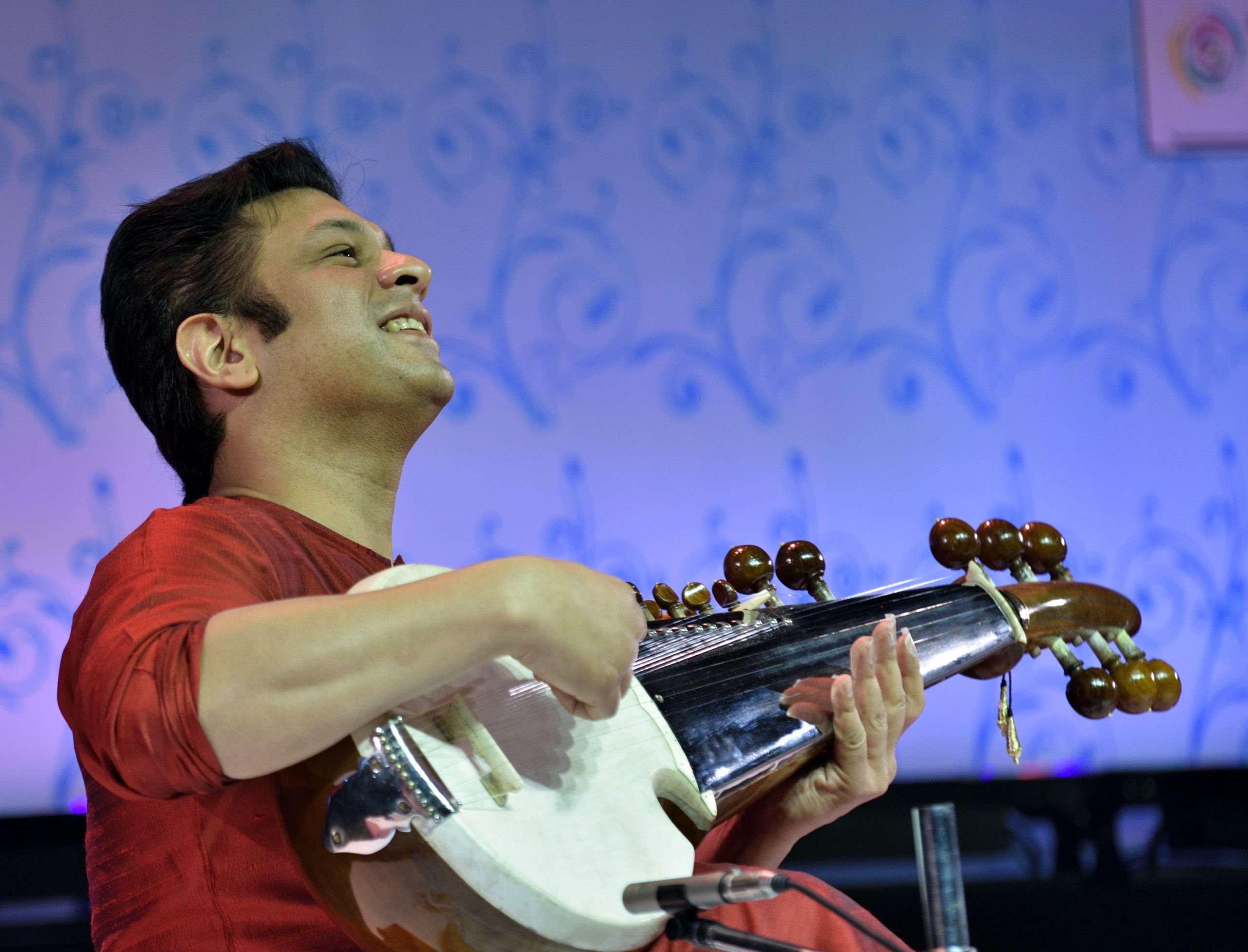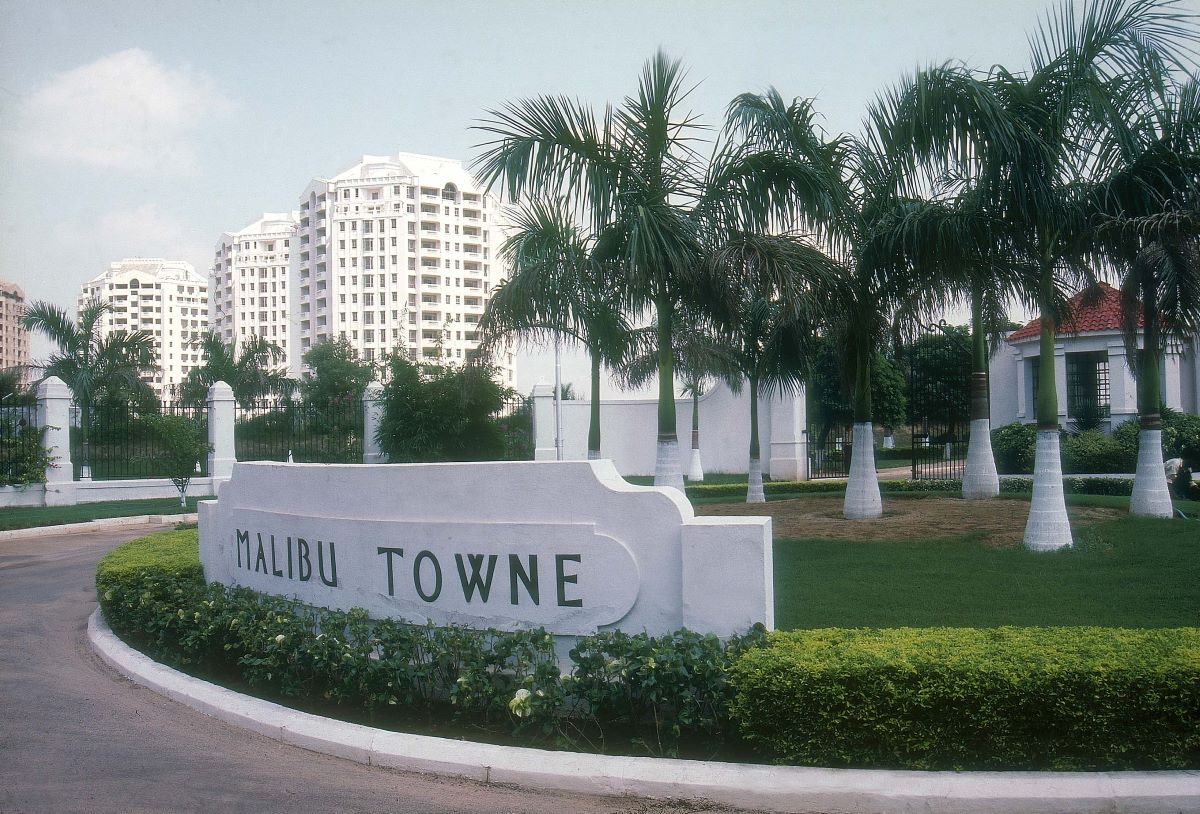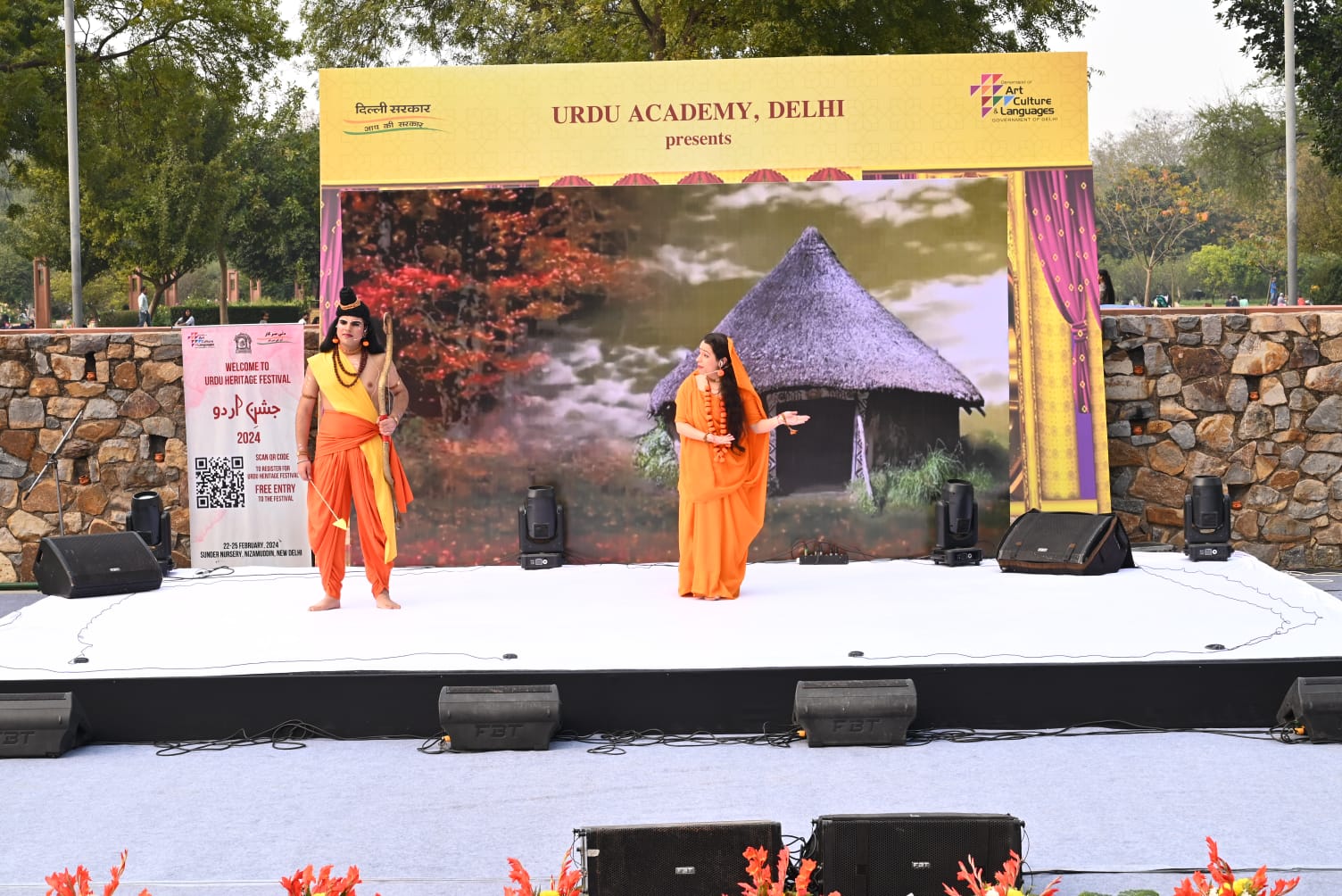With the ongoing pandemic, literary fests are adapting to the changing times while bringing people across borders together in the discussion of challenges faced by today’s world
Literary festivals are a venue where lovers of literature congregate to meet authors whose writings have shaped their world view. They are also an excellent opportunity for the established authors to showcase their new books, and for new writers to leave their indelible mark on the literary world.
Thanks to the pandemic, that has prevailed for nearly a year now, technology has been infused in all spheres of our lives and the literary world has not been left untouched. This week, we have two celebrated literary fests being organised, one in Lahore and the other in Jaipur. Authors from around the world will join online and talk about their work and the craft of writing. They will not be physically present, but their presence will be felt across the globe.
Lahore Literature Festival (LLF) is held annually in Lahore, London, and New York City and “celebrates writing and the arts from Pakistan and its connections with the rest of the world.” This year it will take place from February 18 to 21 and this will be the first time it will be a “live, virtual event.” “We may be far physically, but we are still close to each other!” declare the organisers asserting that it’s a celebration of “the pure power of the written word and explores the interconnections between literature and art, theatre, film, television, journalism, and activism.” There is an illustrious list of participants that include Elif Shafak, Fareed Zakaria, Jhumpa Lahari, Ayesha Jalal, Kamila Shamsie amongst others.
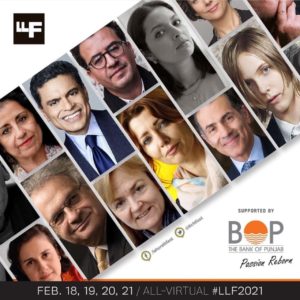
Attending some of the online sessions here one gets a very different feeling than the picture painted of Pakistan as a nation that harbours terror by the mainstream media. Behind the veil of rhetoric, there’s a rich and vibrant culture of Punjabi and Urdu literature. Literature is a mirror of its time, especially so when the conditions are hostile.
Amongst the literary figures who participated in the LLF was Delhi’s celebrated writers-historian Rana Safvi. She elaborated on the commonness, how the cuisine binds people on either side of the border, stressing that the local cuisines of Delhi and Lahore are not very different after all. And there’s a reason for it, thousands of people from either side of the border migrated to the other side during the partition. For instances denizens of Uttar Pradesh and Bihar who migrated to Karachi still make the “same recipes we use here,” she pointed out. “A literary festival where bridges are being built, even if digitally,” she added while hoping to attend the LLF in person one day.
The Jaipur Literature Festival (JLF), an even bigger name, has been regularly organised for the past 14 years making it one of the “greatest literary show on Earth”. It has been in news for a long time with good and bad reasons, sometimes harbouring controversies. That’s what’s the appeal of this fest is. And this year JLF has welcomed some Pakistani writers for the first time in six years, the relations between the two neighbours have been tense in the last few years of the BJP regime. The Pakistani writers likely to participate are novelists Moni Mohsin, H.M. Naqvi; activist and Nobel Prize laureate Malala Yousafzai.
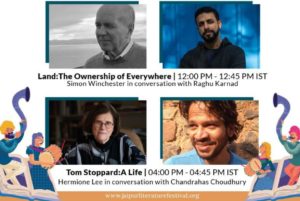
JLF like LLF are being held virtually. In all there will be over 300 speakers participating in the various sessions in the ten-day event—February 19 to 28 and some 10 million viewers are expected to join the literary bonanza informs Sanjoy Roy, the curator of the JLF. Big names like Nobel Laureate Joseph Stiglitz, popular author Shobhaa De, Daniel Simpson, Yoga philosopher, author and historian Ramachandra Guha, Bibek Debroy—chairman of the Economic Advisory Council to the Prime Minister; Carlo Rovelli, renowned theoretical physicist, John Zubrzycki, an Australian author of The House of Jaipur: The Inside Story of India’s Most Glamorous Royal Family, American political philosopher Michael Sandel—the list is long. A simple online registration is all that’s required to participate in the fest.
India’s rich, diverse and colourful literary heritage will be represented by authors of varied Indian languages Hindi, Urdu, Malayalam, Assamese, Sanskrit, Braj, Bengali, Tamil, Telugu, Odiya, Bhojpuri, Khaasi, Kashmiri, Rajasthani, Punjabi, Santhali, Bodo, Manipuri, Sindhi, Nepali, Marathi, Konkani, Gujarati, Dogri, Kannada. Also, English, Italian, Irish, Nepali, Dutch, Estonian, Bhutanese, Sinhala, Afrikaans, Polish, Russian, Hebrew, French, German, Spanish, Swedish, Welsh, Kurdish and more.
It was evident in many interesting thought-provoking sessions that technology has successfully connected the minds of people. In a session hosted by journalist Vishnu Som, John Mearsheimer, an American political scientist and international relations scholar, explained that lying is a form of deception, but not all lying is a deception.
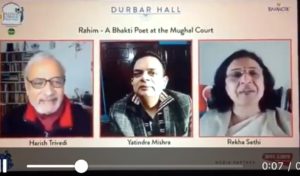
He drew the distinction between the two former presidents of America—George Bush and Donald Trump—to make his point. Mearsheimer explained that it was easier for Bush to lie as most people expected them to tell the truth, people had no illusion about it. However, in the case of Donald Trump who has the dubious reputation of bending the facts, Mearsheimer pointed out “To lie you have to know that the information is blatantly false.” Trump didn’t lie, as he believed in his truth, as he was delusional, which “may be worse than lying.” Isn’t that case with all the radicals who believe in their pseudo-reality and everything else is a conspiracy against their cherished notional world?
Sitting in my living room I’m privy to some quality intellectual brainstorming that helps gain perspective to our times and issues—and offers us a better understanding of the world we live in. A contingency measure may become a norm in future. The legacy of Covid-19 is not essentially bad.

